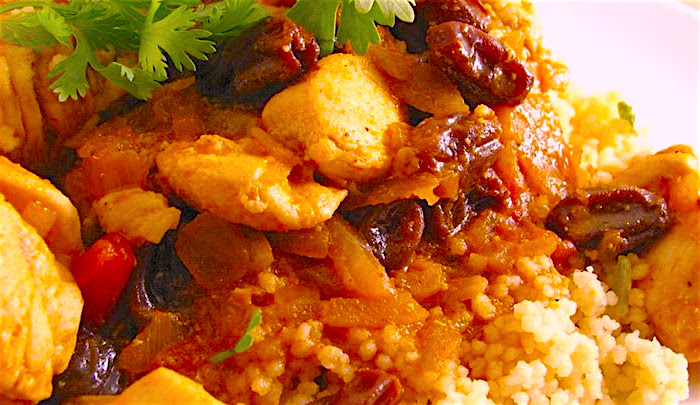 People who carry variants in a particular gene have an increased preference for high fat food, but a decreased preference for sugary foods. This work has provided insights into why we make particular food choices, with potential implications for our understanding of obesity. This is one of the first studies to show a direct link between food preference and specific genetic variants in humans.
People who carry variants in a particular gene have an increased preference for high fat food, but a decreased preference for sugary foods. This work has provided insights into why we make particular food choices, with potential implications for our understanding of obesity. This is one of the first studies to show a direct link between food preference and specific genetic variants in humans.
Most people find high fat, high sugar foods particularly appetising. This can lead to eating more calories than we need and can contribute to weight gain. But what influences food choice? The taste, appearance, smell and texture of food are all important, but biology may also play an important role.
Previous studies in mice have shown that disruption of a particular pathway in the brain involving the melanocortin-4 receptor (MC4R) can lead to mice eating a lot more fat. Unusually, these mice eat a lot less sugar. However, the relevance of these findings to eating behaviour in people has been unclear until now.
In a study published today in the journal Nature Communications, researchers at the University of Cambridge gave participants an all-you-can-eat buffet of chicken korma – a popular type of curry – with three options manipulated to look and taste the same, but in which the fat content provided 20% (low), 40% (medium) and 60% (high) of the calories. They tested lean people, obese people and people who were obese because they have a defect in a gene called MC4R.
After taking a small taster of each meal, people were allowed to eat freely from the three kormas. They could not tell the difference between the foods and were unaware that the fat content varied. The researchers found that, although there was no overall difference in the amount of food eaten between the groups, individuals with defective MC4R ate almost double the amount of high fat korma than lean individuals ate (95% more) and 65% more than obese individuals.
In a second arm of the study, people were given Eton mess, a dessert that includes a mixture of strawberries, whipped cream and broken meringue. Again, there were three options from which participants could freely choose, with sugar content providing 8% (low), 26% (medium) and 54% (high) of calorific content, but with the fat content fixed. Participants could choose freely which ones to eat.
Lean and obese individuals said they liked the high sugar Eton mess more than the other two desserts. However, paradoxically, individuals with defective MC4R liked the high sugar dessert less than their lean and obese counterparts and in fact, ate significantly less of all three desserts compared to the other two groups.
One in 100 obese people have a defect in the MC4R gene which makes them more likely to put on weight. The researchers think that for these individuals, the fact that the MC4R pathway is not working may lead to them preferring high fat food without realising it and therefore contribute to their weight problem. There are many other genes that increase the risk of gaining weight and the impact of these genes on eating behaviour needs to be studied in the future.
Professor Sadaf Farooqi from the Wellcome Trust-Medical Research Council Institute of Metabolic Science at the University of Cambridge, who led the research team, says: “Our work shows that even if you tightly control the appearance and taste of food, our brains can detect the nutrient content. Most of the time we eat foods that are both high in fat and high in sugar. By carefully testing these nutrients separately in this study, and by testing a relatively rare group of people with the defective MC4R gene, we were able to show that specific brain pathways can modulate food preference.”
Professor Farooqi and colleagues think that humans and animals may have evolved pathways in the brain that modulate the preference for high fat food in order to cope with times of famine.
“When there is not much food around, we need energy that can be stored and accessed when needed: fat delivers twice as many calories per gram as carbohydrates or protein and can be readily stored in our bodies,” she explains. “As such, having a pathway that tells you to eat more fat at the expense of sugar, which we can only store to a limited extent in the body, would be a very useful way of defending against starvation.”
More information: van der Klaauw, AA et al. Divergent effects of central melanocortin signalling on fat and sucrose preference in humans. Nature Communications 4 Oct 2016; DOI: 10.1038/NCOMMS13055











